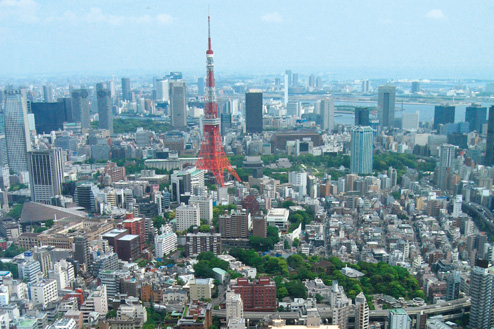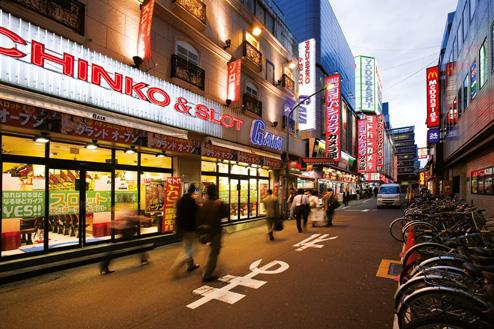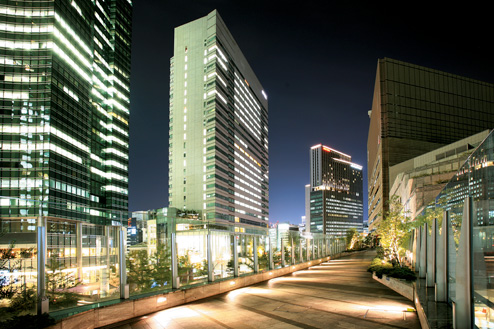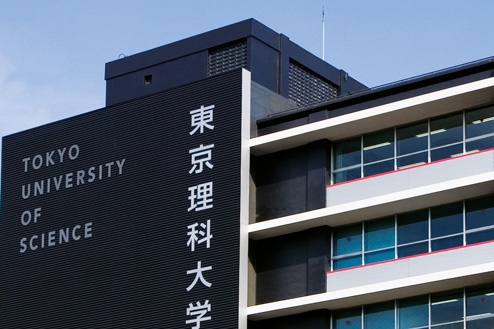Health Insurance
If you live in Japan you’re required to have some form of health insurance. Some companies will provide this as part of their employment package – although they are not obliged to do so. If they don’t, you will have to choose between the Japan National Health Insurance (NHI) scheme or private health insurance.
To register for NHI, you will need to contact your local ward office. Fees are calculated per household, payable by the head of the household, and you will be invoiced three times a year, in January, July and October. This insurance covers 70% of your costs at a medical facility, with the remaining 30% payable at the medical facility before you check out. Most procedures are included, but expenses that are not are health check-ups, cosmetic surgery, orthodontics, normal childbirth, abortions and non-compulsory vaccinations.
Private health insurance companies provide different packages from basic to premium. At the higher end of the market expect to pay around ¥15,000 a month for full coverage, which will give you 100% of your money back on most medical claims. When choosing a provider look carefully through their coverage plan as there are some questionable insurance agencies out there. One popular and reputable choice, Global Health Insurance, has a range of special packages for expats, teachers and groups. Their prices depend on age, benefits, and whether you want to pay extra to remove the excess that must be paid for each claim. You could end up paying ¥16,000 a month, or the same amount quarterly – depending on what you are after. See insurance companies (above) for more details. If your company or your spouse’s company does not offer health insurance and you stay for longer than a year in Japan, you will be applicable for NHI (regardless of whether you already have cover with another company). In general though this is not enforced and is not well-known.
To register for NHI, you will need to contact your local ward office. Fees are calculated per household, payable by the head of the household, and you will be invoiced three times a year, in January, July and October. This insurance covers 70% of your costs at a medical facility, with the remaining 30% payable at the medical facility before you check out. Most procedures are included, but expenses that are not are health check-ups, cosmetic surgery, orthodontics, normal childbirth, abortions and non-compulsory vaccinations.
Private health insurance companies provide different packages from basic to premium. At the higher end of the market expect to pay around ¥15,000 a month for full coverage, which will give you 100% of your money back on most medical claims. When choosing a provider look carefully through their coverage plan as there are some questionable insurance agencies out there. One popular and reputable choice, Global Health Insurance, has a range of special packages for expats, teachers and groups. Their prices depend on age, benefits, and whether you want to pay extra to remove the excess that must be paid for each claim. You could end up paying ¥16,000 a month, or the same amount quarterly – depending on what you are after. See insurance companies (above) for more details. If your company or your spouse’s company does not offer health insurance and you stay for longer than a year in Japan, you will be applicable for NHI (regardless of whether you already have cover with another company). In general though this is not enforced and is not well-known.













